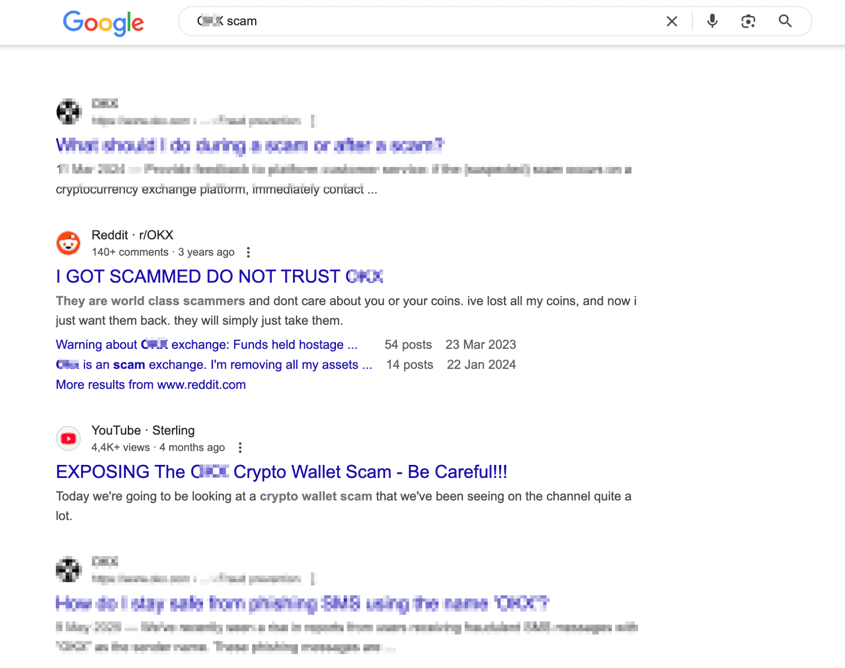How Trustworthy Is FameEX? Understanding the Source and Motive Behind Online Scam Claims
2025-06-18 10:09:02In the world of cryptocurrency trading, platform security is the cornerstone of user trust and asset protection. However, even major exchanges like Binance, OKX, HTX, Bybit, and FameEX have faced accusations of security breaches or scam involvement. These claims have been proven to be either false or misleading upon closer investigation. So why do such allegations continue to appear? Let’s take a closer look.
When it comes to researching crypto platforms, most users rely on search engines as their initial source. They often begin their research by searching for brand names like “FameEX,” “Binance,” or “Bybit.” However, search engine results tend to include both positive and negative content. Unfortunately, when negative headlines appear upfront, users may quickly form a biased view and abandon the platform before verifying the facts.
However, a closer look often reveals that such negative claims originate from obscure websites or personal blogs hosted on larger platforms. These articles are frequently speculative, lacking credible sources or factual backing. They’re written with sensational headlines and SEO-friendly formats designed purely to attract clicks and gain search engine visibility, rather than to inform. Another type of false information often appears on small news websites and is deliberately crafted to damage a platform’s image. In some cases, these smear campaigns are part of a larger scheme to pressure or extort the targeted company.
Let’s analyze this through a concrete case study.

Search results for “XX scam” related to a major exchange

Search results for FameEX
From the search results, aside from official anti-fraud guides published by reputable platforms, there are also misleading article titles such as “Is FameEX Safe or a Scam?”, “2025 Update|Is XXX Exchange a Scam or Safe to Use?”, and “Common Scams on XXX Exchange?”. At first glance, these headlines suggest that the platform might be involved in fraudulent activities. However, upon opening these pages—typically hosted on little-known third-party websites—it becomes clear that the content has little or nothing to do with actual scams.


These types of search results are primarily designed to boost visibility on Google by targeting high-traffic keywords like “XX scam,” thereby driving traffic to the publishers themselves. The second example is particularly egregious—the article was crafted not to inform users, but to promote the publisher’s own brokerage services by discrediting a competing platform. Such tactics are not only misleading but also astonishingly unethical.
The vision of the Web3 world is to build an open and trustworthy crypto ecosystem. Yet, misleading content that relies on defaming or piggybacking on legitimate brands continues to cause real harm to platform reputations. No exchange—whether a top-tier industry leader or an emerging platform like FameEX—is immune to these baseless smear tactics. Therefore, we urge users and investors to critically assess the information they encounter in search results. Evaluate content from multiple perspectives, and consult the official website or channels whenever in doubt. Don’t be misled or intimidated by sensational keywords like “scam”—doing so may cause you to overlook a genuinely secure and reliable crypto trading platform.